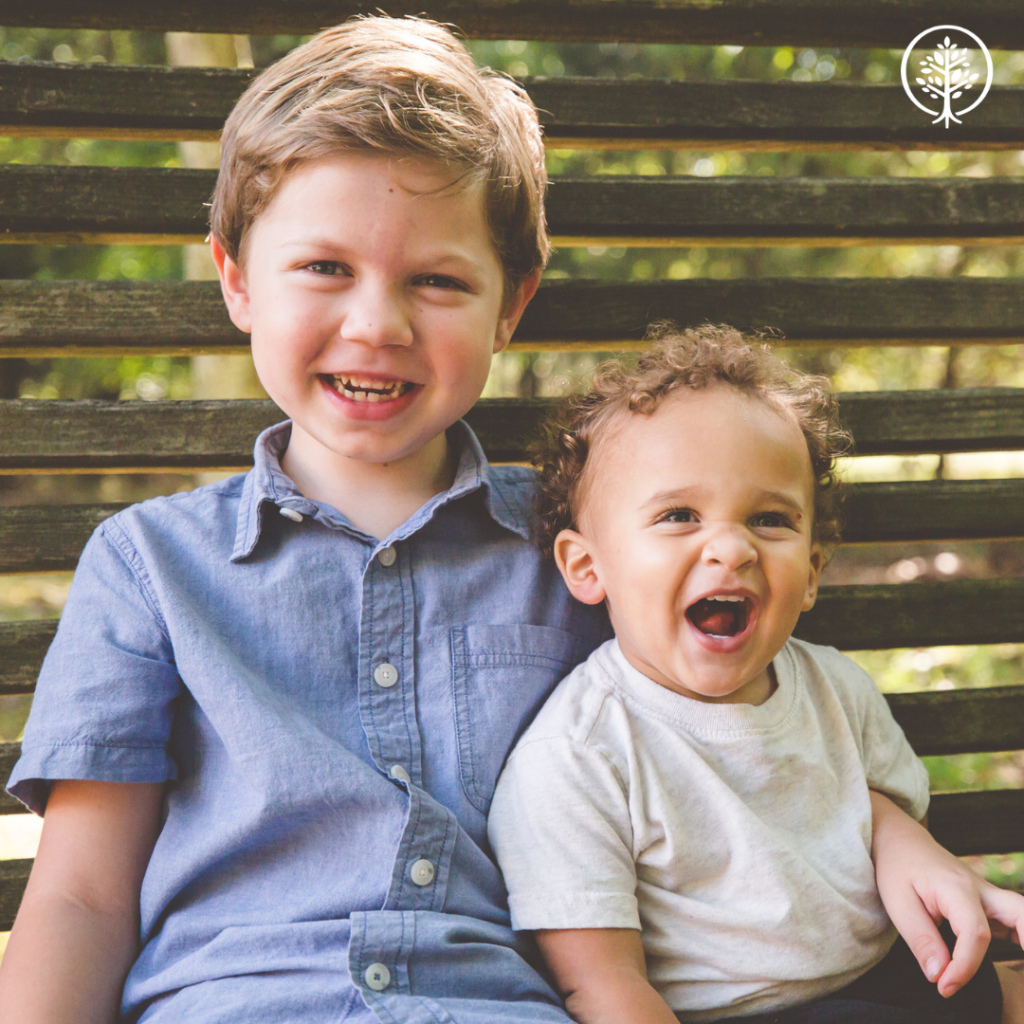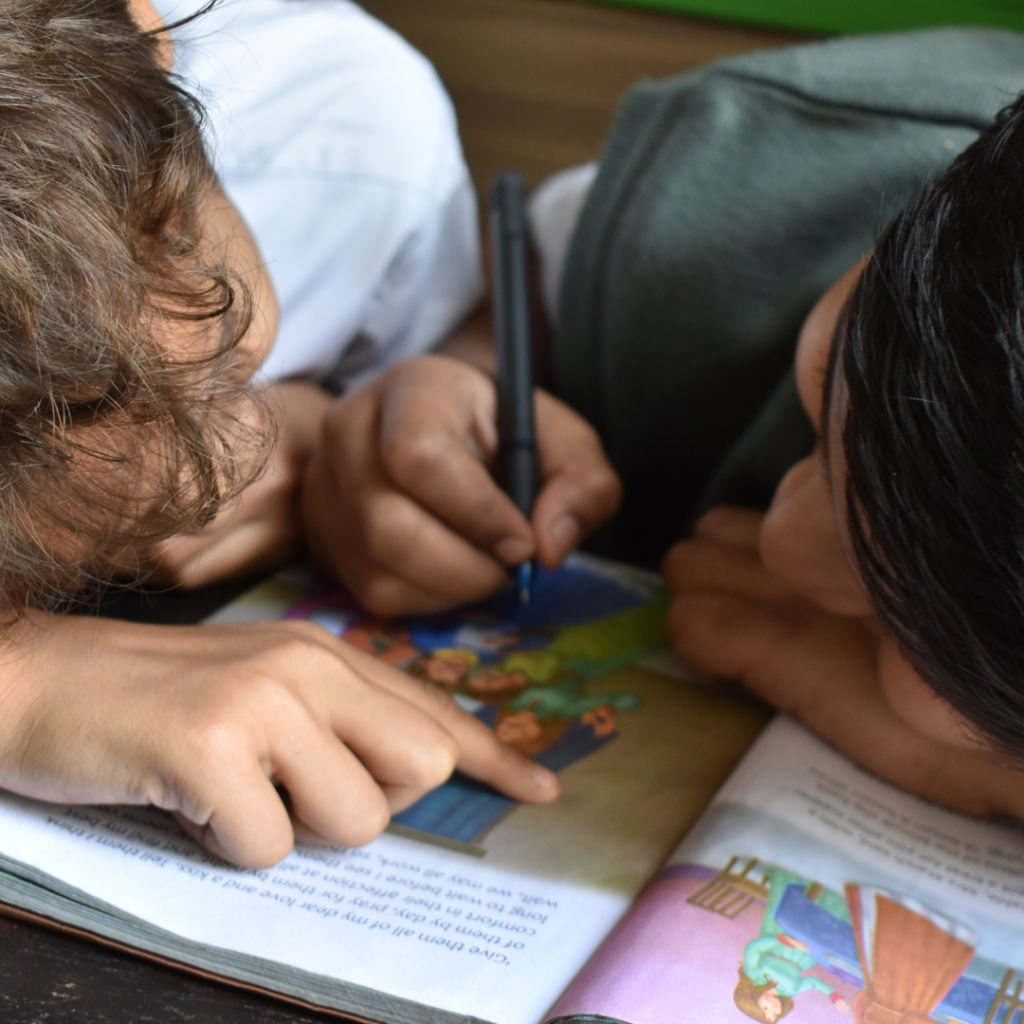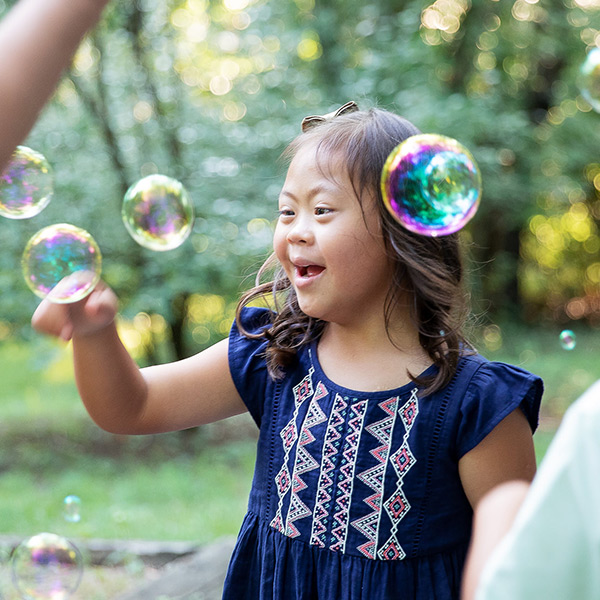Posts Tagged ‘trust-based relational intervention’
Show Hope Book Club: The Connected Child
The Connected Child “The Connected Child,” co-authored by Drs. Karyn Purvis and David Cross along with Wendy Lyons Sunshine, has helped countless adoptive and foster parents better connect with their children as they seek to love and care for them in a way that honors God. The adoption of a child is always a joyous…
Read MoreThe Importance of Sleep in Children and Teens
The Importance of Sleep Parents and caregivers want to see their children, whether 2 or 16 years old, thrive, flourish, and reach their full potential. There are many contributing factors to that end goal, and one that, unfortunately, is often overlooked is sleep, especially as children grow into those teenage years. According to an article…
Read MoreStrengthening Your Relationship With Your Child
Strengthening Your Relationship The late Dr. Karyn Purvis once said, “When you connect to the heart of a child, everything is possible.” As parents and caregivers, we want strong relationships with our children. We want to create connection, felt-safety, and trust with them, no matter if they are 1 or 18. Yet strengthening that relationship…
Read MoreOur Why in Embracing TBRI®
“We love because he first loved us.” 1 John 4:19 God created us to be in relationship—at peace within ourselves, with him, and with others. And yet, with the fall of mankind into sin, we now experience the pain of broken relationships and the vulnerability of isolation. This is the painful reality for many children…
Read More2024 Hope for the Journey Conference Schedule
Show Hope’s fourth annual Hope for the Journey Conference will be available Friday, April 5, 2024, with on-demand viewing through June 30, 2024. With registration options available for Churches/Organizations as well as Individuals/Households, this conference encourages and resources parents, caregivers, and families meeting the needs of children entrusted to them through adoption and/or foster care.…
Read More2024 Hope for the Journey Hosts and Teaching Sessions Speakers
Show Hope’s fourth annual Hope for the Journey Conference will be available for viewing April 5, 2024, with on-demand viewing period June 30, 2024. With registration options available for Churches/Organizations as well as Individuals/Households, the conference encourages and resources parents, caregivers, and families meeting the needs of children entrusted to them through adoption and/or foster…
Read MoreSetting Up Your Children for Success
The following is an excerpt from “Created to Connect: A Christian’s Guide to the Connected Child.” Created by Dr. Karyn Purvis with Michael and Amy Monroe, “Created to Connect” serves as a dynamic resource for those looking to draw helpful, encouraging parallels between the Christian faith and the foundational teachings of Trust-Based Relational Intervention® (TBRI®).…
Read MoreHow to Help Calm Your Dysregulated Child or Teen
In our roles as parents and/or caregivers, we have all experienced moments when our children and/or teens find themselves in states of dysregulation or distress. In some instances, those states of dysregulation or distress involve no threat of danger or harm, but we must be clear-eyed to the fact that some moments could prove otherwise.…
Read MoreIncorporating TBRI® in the Classroom
Trust-Based Relational Intervention® (TBRI) is designed to meet the relational and developmental needs of children and teens impacted by trauma as well as the needs of the parents and caregivers who are seeking to help them thrive and flourish. TBRI considers the whole child—his or her brain, biology, behavior, body, and beliefs—and provides parents and…
Read MoreA Catalyst for Change
Her name may sound familiar to you, especially if you have followed her family’s story. For many, Shaohannah Hope Chapman is the first of three daughters Show Hope Founders Mary Beth and Steven Curtis Chapman welcomed home through adoption. It was Shaoey’s adoption that served as a catalyst for the founding of Show Hope 20…
Read More










